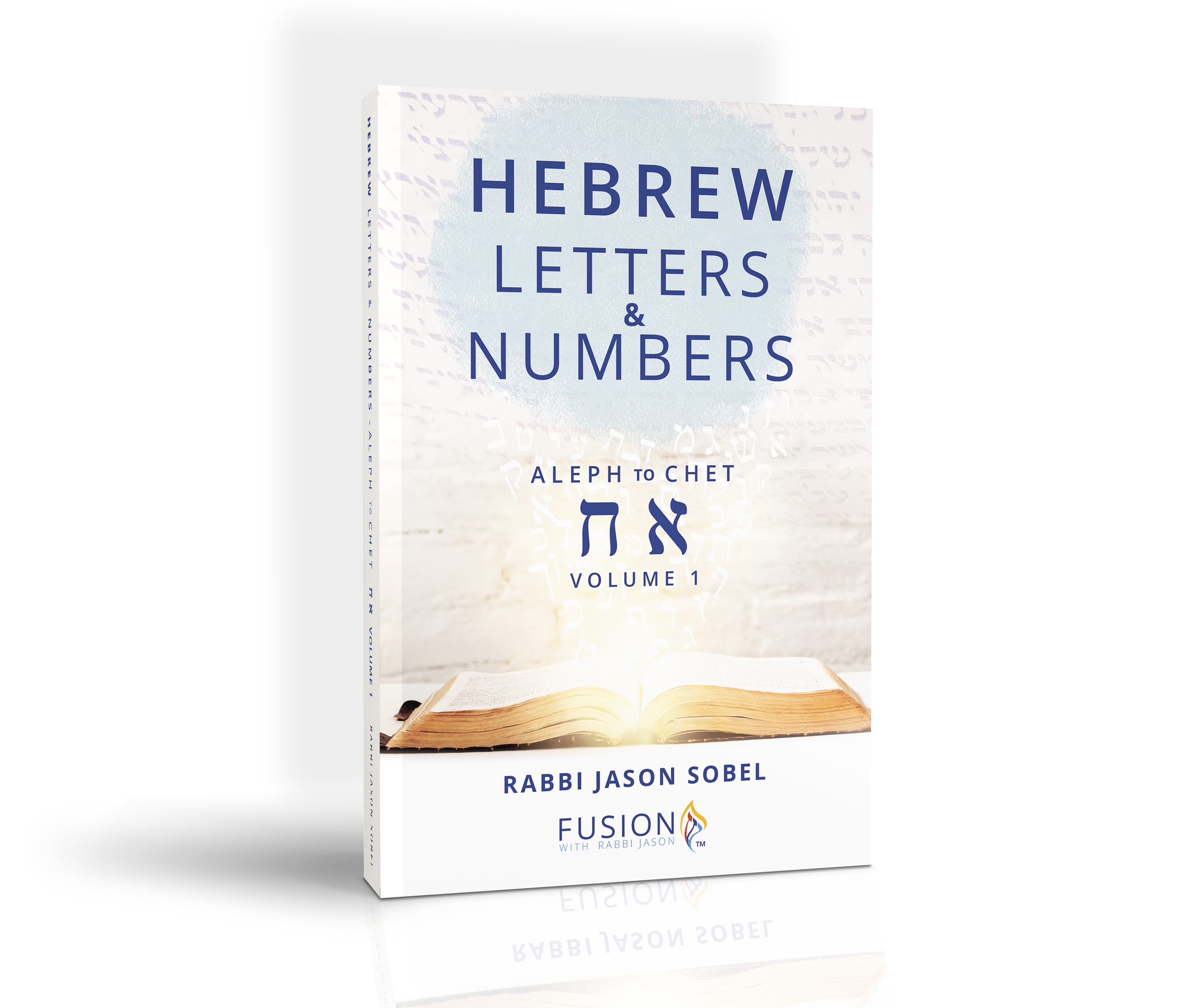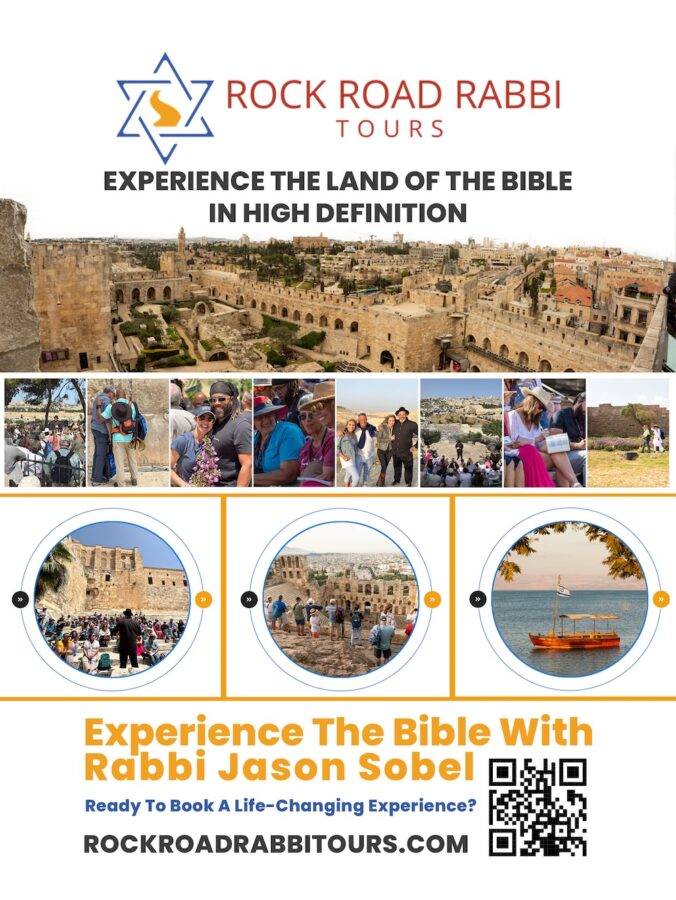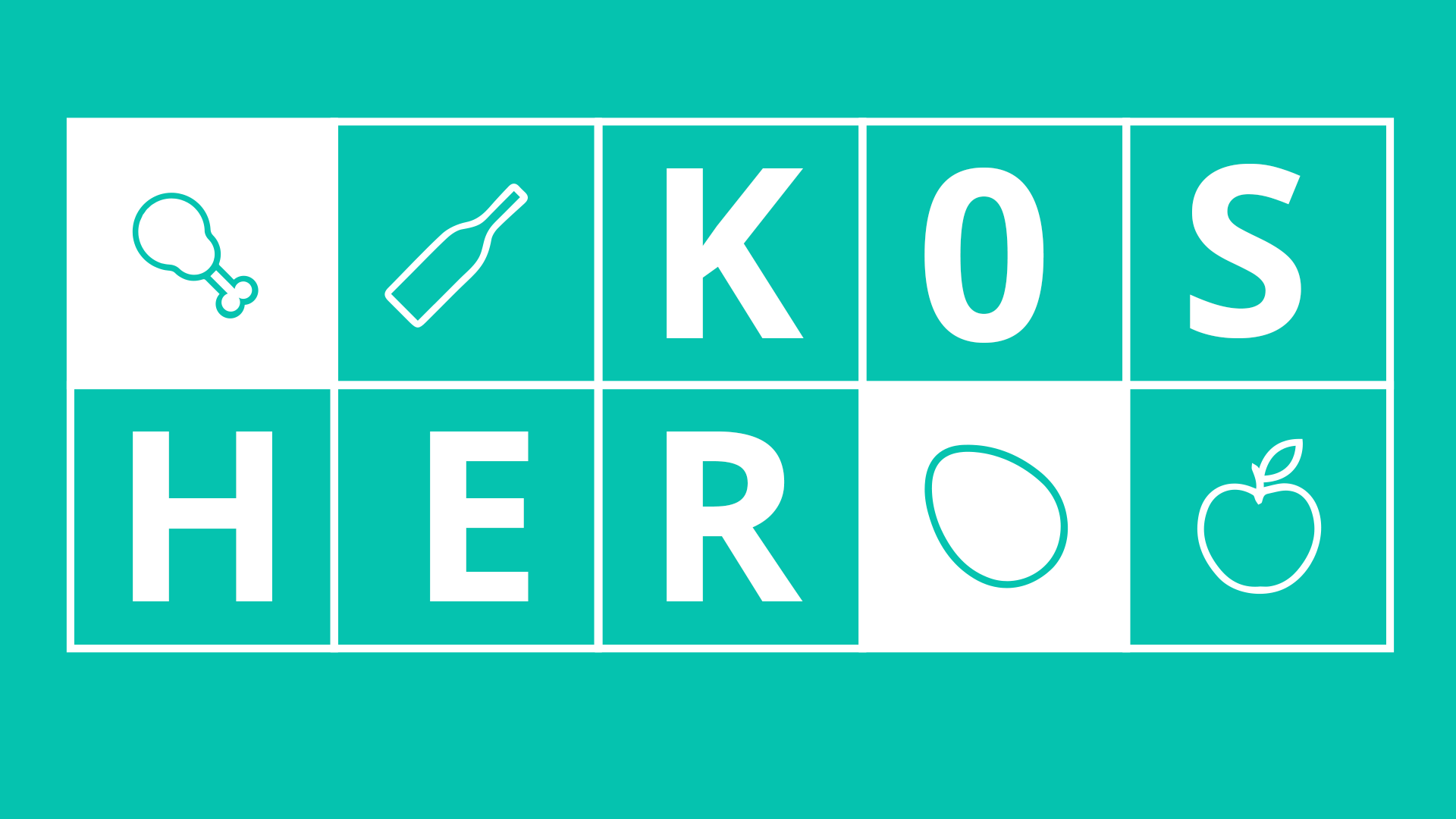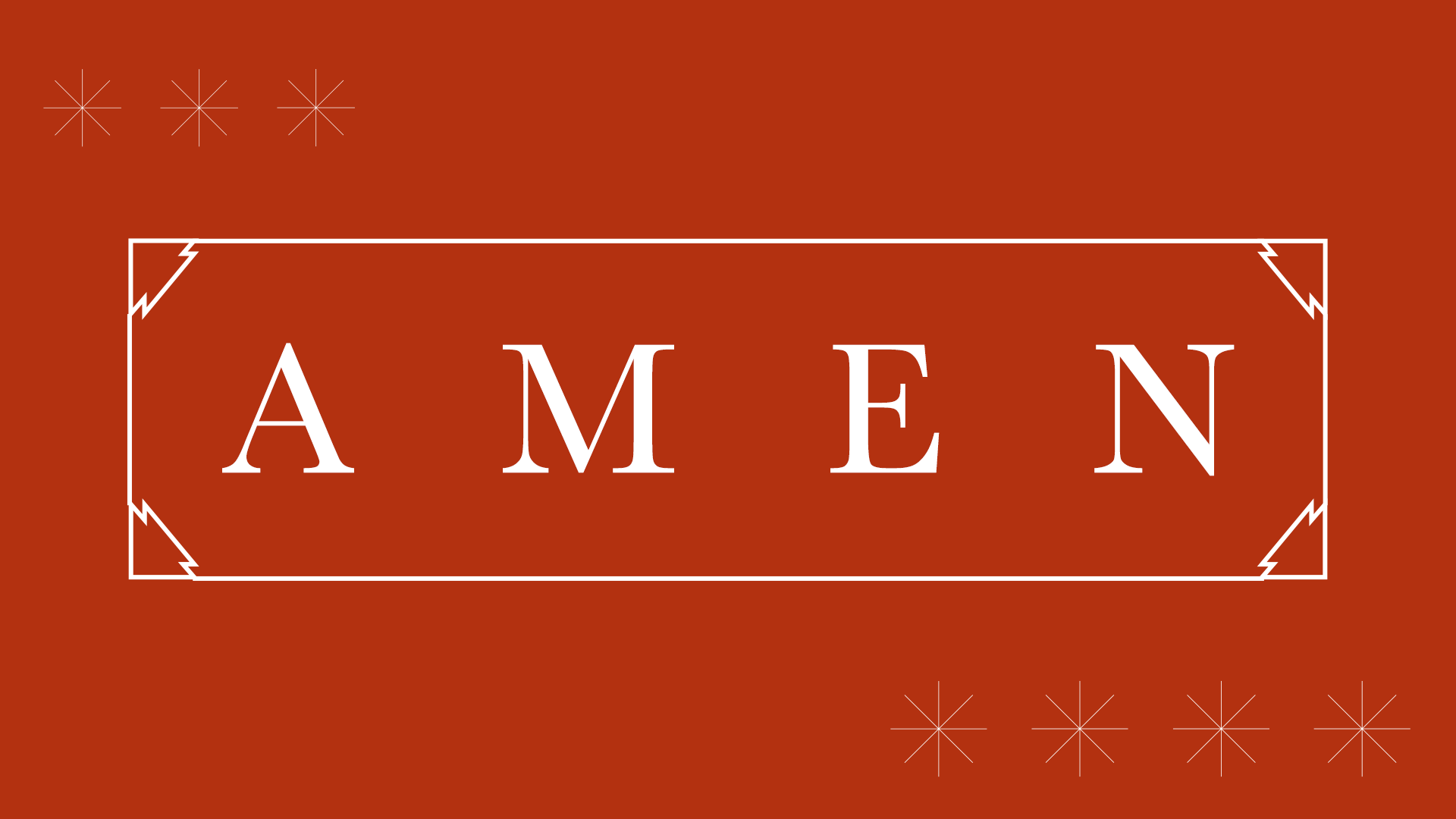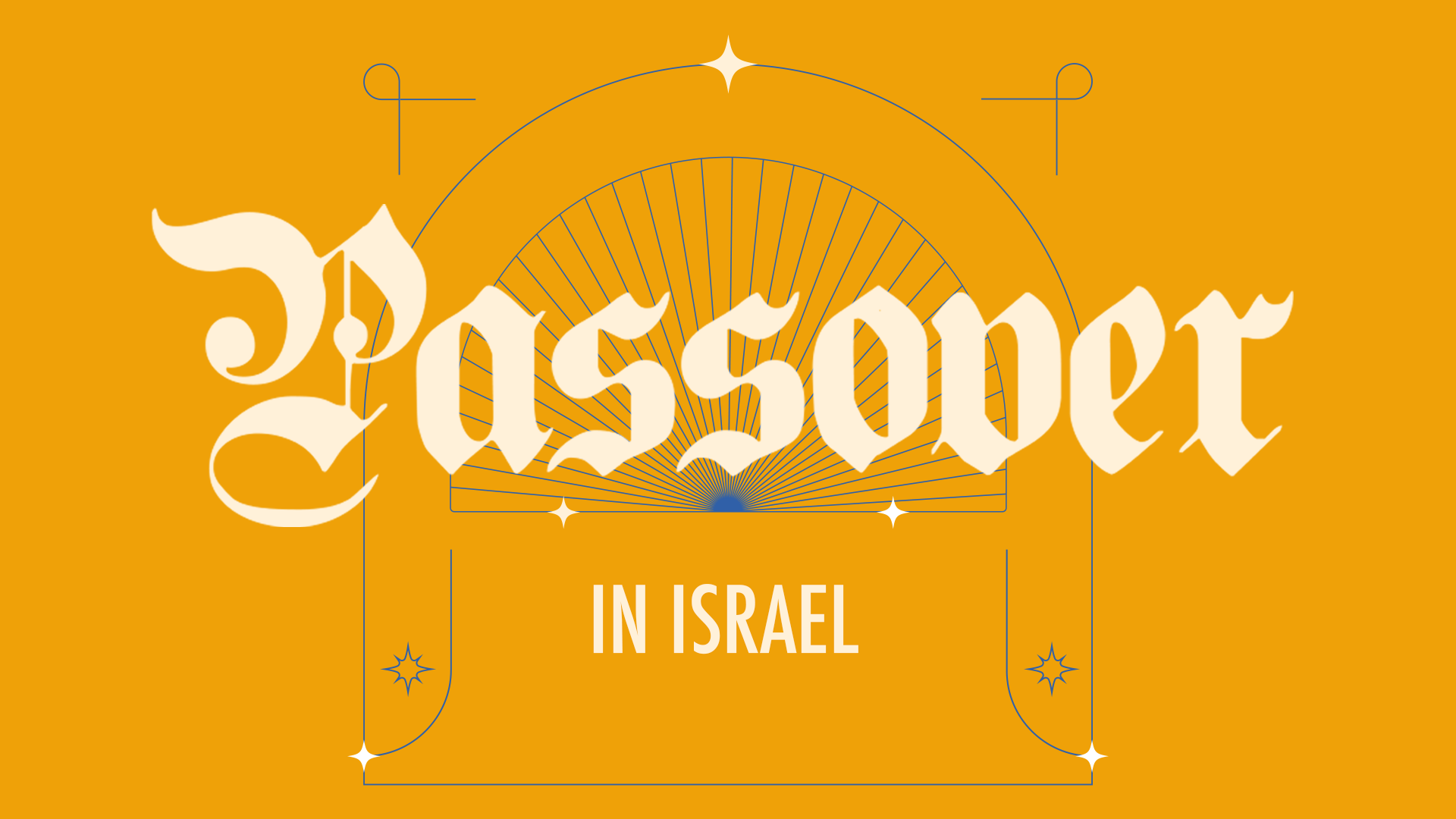Black Fire on White Fire
Shavuot/Pentecost
Black Fire on White Fire | Shavuot, Pentecost and the Word
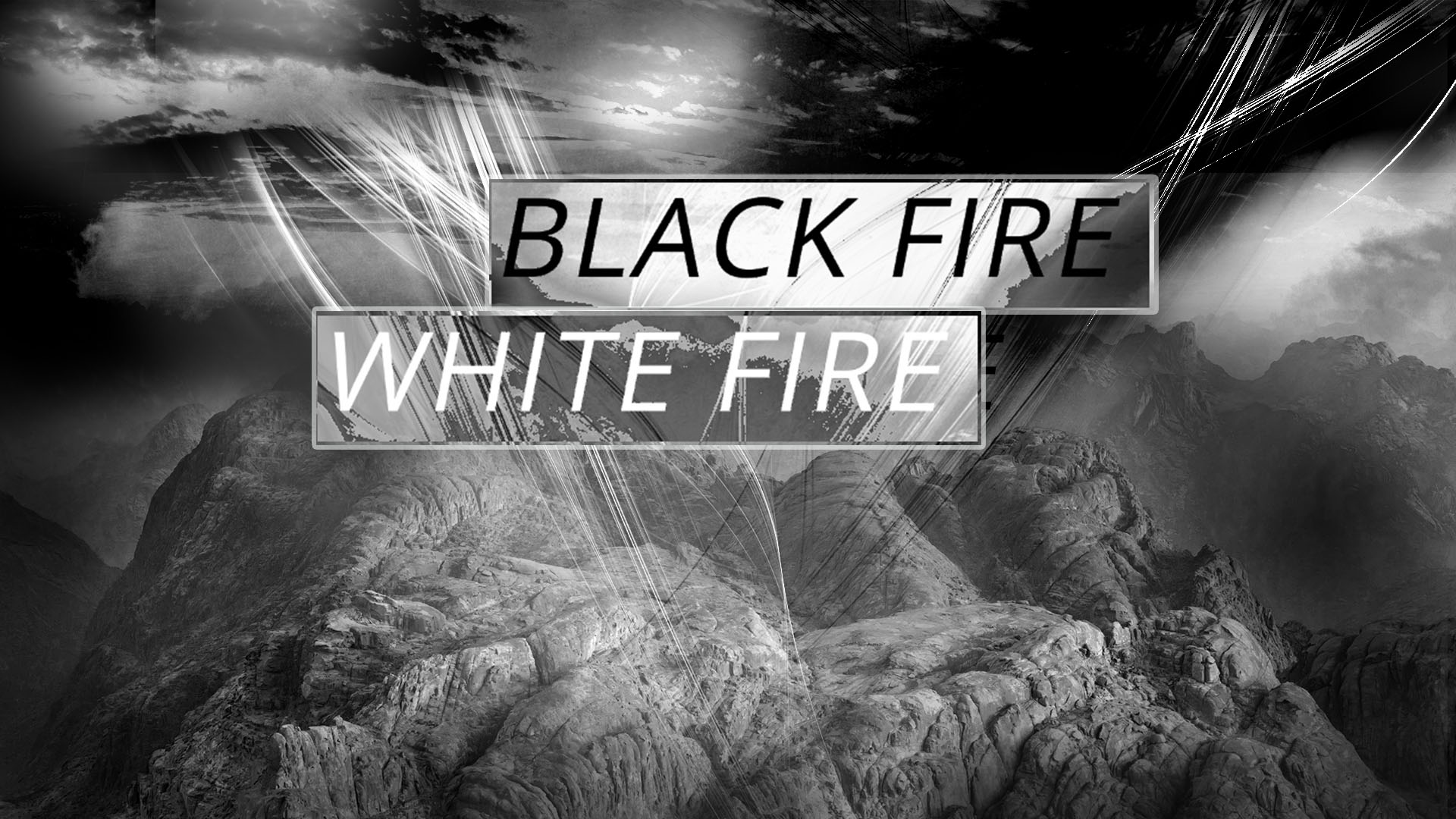

“Word became flesh and dwelt among us”
Shavuot (the Feast of Weeks), a term used interchangeably with Pentecost, is the traditional Jewish celebration of the reception of the Torah. It occurs seven weeks or fifty days after the feast of Passover (Count the Omer), hence its name (the Greek word Πεντηκοστή – Pentēkostē, meaning “fiftieth”). However, despite its many movie depictions, the giving of the Torah involved much more than just an old man walking up a mountain and coming back with stone tablets. It was, in fact, a transformational event that we should understand as it will guide our further understanding of the anniversary events that also occurred at this time.
Adonai said to Moses, “Go to the people and sanctify them today and tomorrow. Let them wash their clothing. Be ready for the third day. For on the third day Adonai will come down upon Mount Sinai in the sight of all the people…When the shofar sounds, they may come up to the mountain.”
In the morning of the third day, there was thundering and lightning, a thick cloud on the mountain, and the blast of an exceedingly loud shofar. All the people in the camp trembled. Then Moses brought the people out of the camp to meet God, and they stood at the lowest part of the mountain. Now the entire Mount Sinai was in smoke, because Adonai had descended upon it in fire. The smoke ascended like the smoke of a furnace. The whole mountain quaked greatly. When the sound of the shofar grew louder and louder, Moses spoke, and God answered him with a thunderous sound.
All the people witnessed the thundering and the lightning, and the sound of the shofar, and the mountain smoking. When the people saw it, they trembled and stood far off. So they said to Moses, “You, speak to us, and we will listen, but do not let God speak to us, or we will die.” (Exodus 19:10-11, 13b, 16-19; 20:18)
The Sinai event was several things wrapped in one; perhaps most significantly, the “Word became flesh and dwelt among us”. In recounting the giving of the Law at Pentecost, Moses said, “Adonai came from Sinai and dawned on Bnei-Yisrael from Seir. He shone forth from Mount Paran, and He came from the holy myriads— blazing fire for them from His right hand.” (Deuteronomy 33:2). Commenting on that moment, Rashi stated, “It was originally written before God in letters of black fire upon a background of white fire.” This is why the Torah, by Jewish law, must be written in black ink on white parchment to emulate and remind us of this “primordial” Torah. In Hebrew thought, this primordial Torah is also the one that God looked into when He created the world, as the sages teach.
“It was originally written before God in letters of black fire upon a background of white fire.” This is why the Torah, by Jewish law, must be written in black ink on white parchment to emulate and remind us of this “primordial” Torah.
It is essential to understand that ancient paganism was a visitational culture. Ancient pagans believed that if they fashioned their idols just so, the deity would “pop in” from time to time, making it possible to have a kind of relationship with it. On the contrary, God was establishing a habitational culture in which He would dwell among His people. As quoted above (Exodus 20:18), the people were not entirely accepting of that habitational vision, which resulted in a lingering visitational culture in Israel, as is witnessed through the Judges and Prophets.
We find another critical aspect of the Sinai event in Exodus 20:2, “I am Adonai your God, who brought you out of the land of Egypt, out of the house of bondage.” God predicated the covenant and the law upon His glorious act of redemption. Consequently, the Torah never was a “To Do” list, but rather—and most certainly ideally—it was a worshipful response to the God who was now dwelling amid His people. This point is crucial to grasp. In His life, Yeshua fully embraced and expressed Torah-observance-as-worship when He would say things like, “Shabbat was made for man, and not man for Shabbat” (Mark 2:27). In a deceptively simple phrase, the Lord confirmed that God didn’t give His people the Torah on that original Pentecost as a taskmaster; He graciously gave it to us for us (not the other way around).
God didn’t give His people the Torah on that original Pentecost as a taskmaster; He graciously gave it to us for us (not the other way around).
- See John 1:14
Rashi ad loc. (translation my own)
Shulhan Arukh Yoreh Deah 271
Bereshit Rabba 1:2, see also John 1:3
Bob Becking, Only One God?: Monotheism in Ancient Israel and the Veneration of the Goddess Asherah (London: Sheffield Academic Press, 2001), 151-163.
FREE WEEKLY TORAH PORTIONS:
"A new perspective for Christians or Gentile believers. Excellent discussions."
What is Fusion with Rabbi Jason?
It is in looking back at what God has done that we can see forward to His future plans for us. “For I know the plans I have for you,’ declares the Lord, plans to prosper you and not to harm you, plans to give you hope and a future” Jer 29:11.
At Fusion Global with Rabbi Jason Sobel, we want to add definition to your faith as we restore the lost connection to our ancient roots and rediscover our forgotten inheritance.

